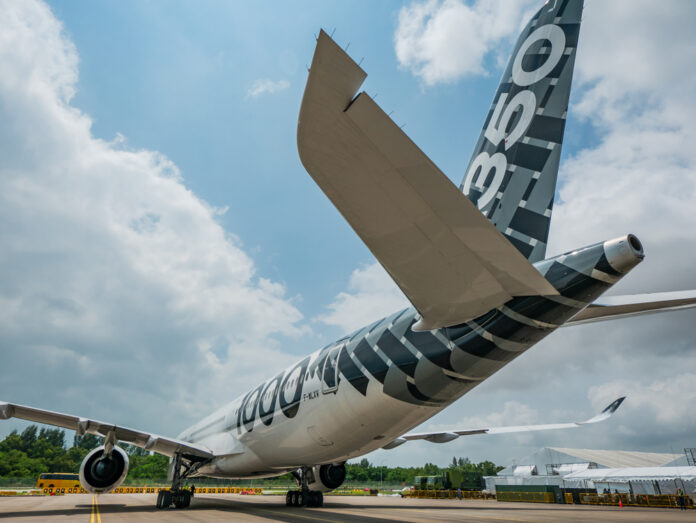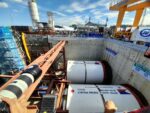Airbus, in partnership with the Department of Transportation, the Department of Energy, and Civil Aviation Authority, is exploring the feasibility of a sustainable aviation fuel (SAF) ecosystem in the Philippines.
The proposal aligns with the country’s commitment to sustainable aviation and follows the establishment of a SAF committee under the National Biofuels Board overseen by the Department of Energy.
The study will adhere to the guidelines set by the International Civil Aviation Organization (ICAO) and serves as a crucial step in shaping the Philippines’ SAF roadmap.
Roberto O. Lim, DOTr undersecretary for aviation and airports said, “In behalf of our partner agencies CAAP, DOE, DOST and the other NBB SAF committee members, we thank our private sector partners for participating and jumpstarting the foundation of our SAF industry.
“The study will help develop relevant policies, regulations and programs to advance economically viable SAF production in the Philippines,” he added.
As a member of the International Civil Aviation Organization, the Philippines is committed to achieving the industry’s net zero carbon emission target by 2050. To reach this goal, the nation will rely on a basket of measures: fleet renewal, disruptive technologies, operations improvement, SAF and carbon offset.
In support of the country’s SAF roadmap and as a partner of ICAO ACT-SAF, Airbus will contribute to the country’s SAF feasibility study, analyzing country specific macroeconomic data, evaluating SAF feedstocks and production pathways, assessing relevant implementation support, financing and policies, as well as drafting an action plan.
“This study will serve as a critical reference to springboard further development of relevant policies, and at the same time encourage industry stakeholders to advance economically viable SAF production in the Philippines,” Airbus said.
As a major lever in the journey towards the decarbonization of the aerospace industry, SAF brings an average 80 percent reduction in carbon emissions over the life cycle compared with fossil fuels, from production to end use.
All Airbus aircraft already operate with up to 50 percent SAF. Airbus aims for its aircraft to be 100 percent SAF by 2030.







